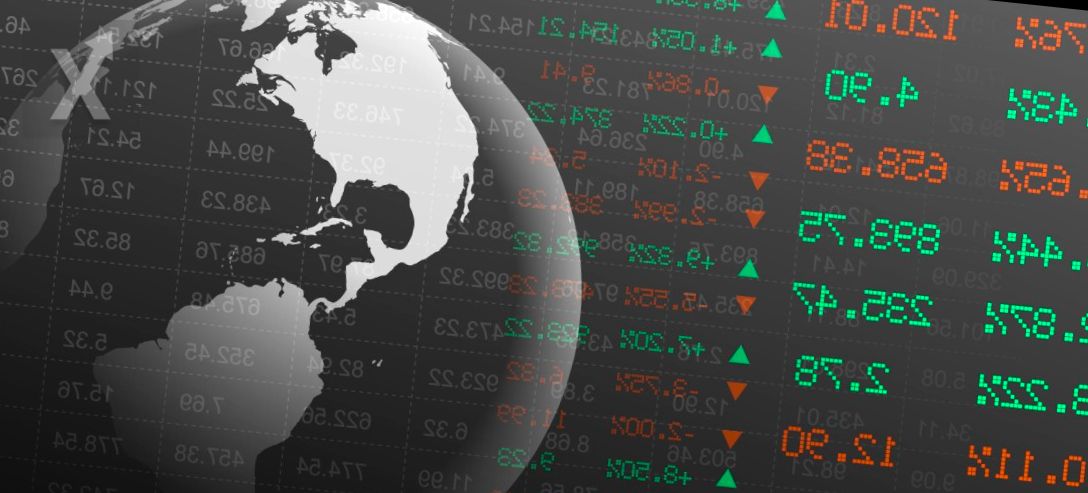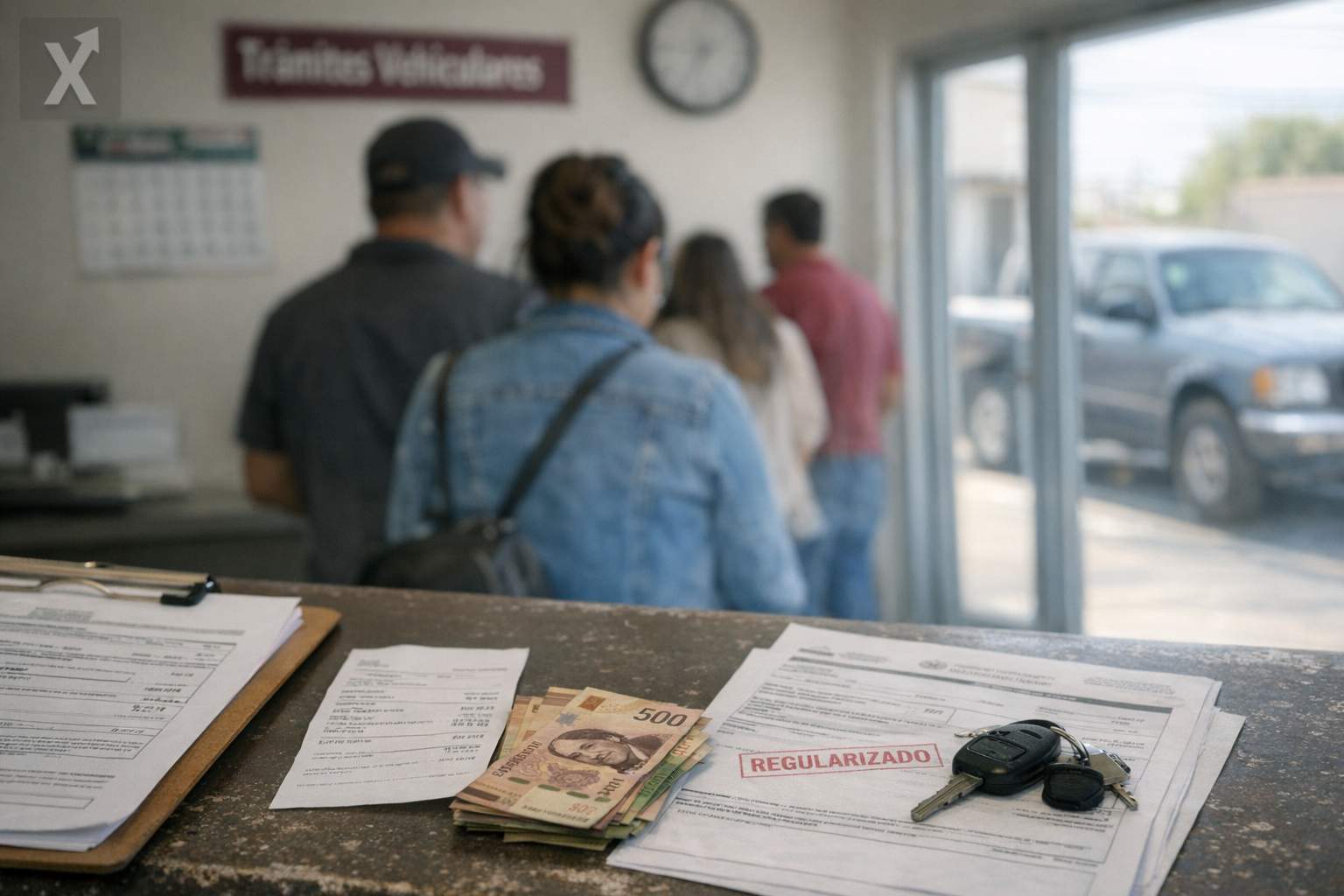Gloomy Outlook for the Mexican Economy in 2025

The new president of Mexico, along with her economic team, is facing a challenging path in this federal administration, as expectations for GDP by the end of 2025 are becoming increasingly pessimistic. In fact, experts warn about the possibility of an economic recession. A key element in this context is the management of public finances, given that at the start of a new government, it is normal for public spending to occur at a slower pace and for the private sector to hold back on its investments due to administrative changes and the learning curve of officials, noted Alfredo Coutiño, director for Latin America at Moody's Analytics.
“This negative economic phenomenon is what is known as the ‘political cycle of the economy,’ which has persisted over the past four decades. Therefore, what can most be expected during this government transition is a weakening of economic activity, which could turn into a contraction if the business environment worsens and uncertainty rises regarding the first decisions of the new government and the inexperience in policy and risk management,” Coutiño warned. Last week, the Organization for Economic Cooperation and Development (OECD) adjusted its projections, lowering its estimate from 2.0% in May to 1.2% for the Mexican GDP. "While domestic demand has bolstered the economy in Brazil, India, and Indonesia, in Mexico it has slowed down, particularly affecting the services sector," the international organization noted. “There is indeed a risk of economic contraction or recession; it’s a complicated situation given that the economy is slowing down. Several factors will influence this (...) although in monetary terms, the monetary policy will be less restrictive, the fiscal policy could become very tight, which might lead to a decrease in aggregate demand and thus a reduction in production,” explained Rodolfo Navarrete, chief economist at Vector Casa de Bolsa, who forecasts GDP growth of 1.4% for 2025. Additionally, fiscal policy will be constrained due to the new government and the administration's commitment to reducing the budget deficit, which is expected to drop from 5% of GDP in 2024 to 2.5% in 2025, involving cuts and adjustments to public spending. Therefore, analysts are awaiting the proposals of the Economic Package 2025, which will be presented by Rogelio Ramírez de la O, Secretary of Finance, with a deadline of November 15 for submission to Congress. “The issue for next year will mainly revolve around public finances. When the Budget is published, we will revisit that projection (of 1.4% for 2025),” Navarrete added. The political cycle of the economy is not exclusive to Mexico; it can also be observed in other emerging economies, particularly in those where budget management is vulnerable during political transitions. However, “among the major economies in the region, Mexico is the country where the political cycle significantly influences the direction of the economy every six years, due to the lack of institutional arrangements that guarantee uninterrupted budget use during government changes,” Coutiño mentioned. Meanwhile, Víctor Ceja, chief economist at Valmex, dismisses this possibility, as he believes that since the last severe crisis in the country in 1994, fundamental changes have been made that have facilitated a more stable governmental transition. “For 2025, we project a 1.4% growth; we do not foresee a recession unless extraordinary events occur, such as a sharp slowdown in the U.S. economy, which is not anticipated; a drastic cut in public spending, or geopolitical conflicts that may have global repercussions,” Ceja concluded.
Commenting on the current situation, it is essential for both the government and the private sector to work together to stabilize the economy. The key will be to foster a favorable environment for investments and ensure the efficient use of public resources, which could counteract the effects of the political cycle and minimize the risk of a recession in the coming years. Adequate fiscal planning and the ability to adapt to potential external shocks will be crucial for achieving sustained growth.






